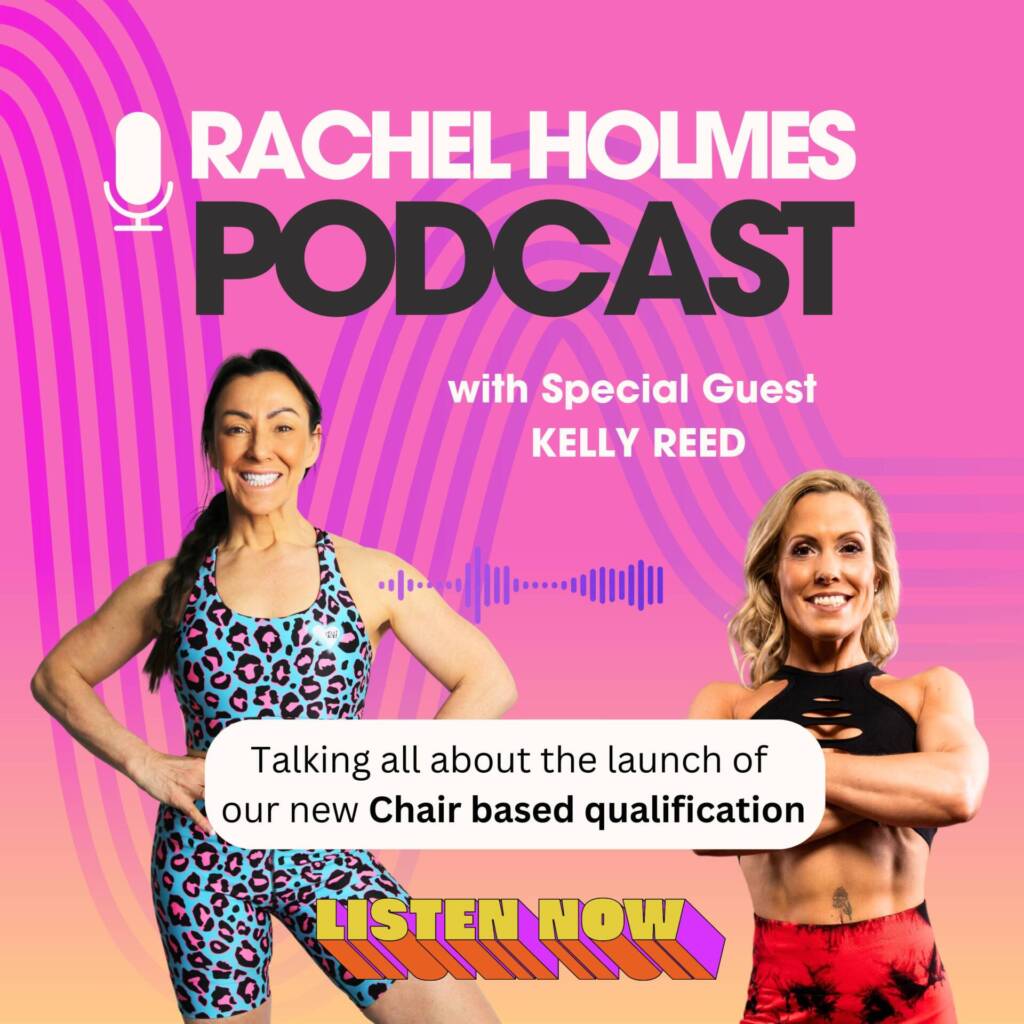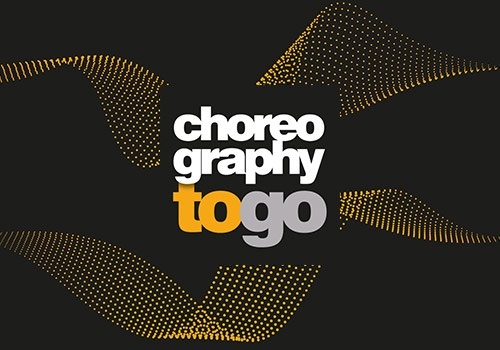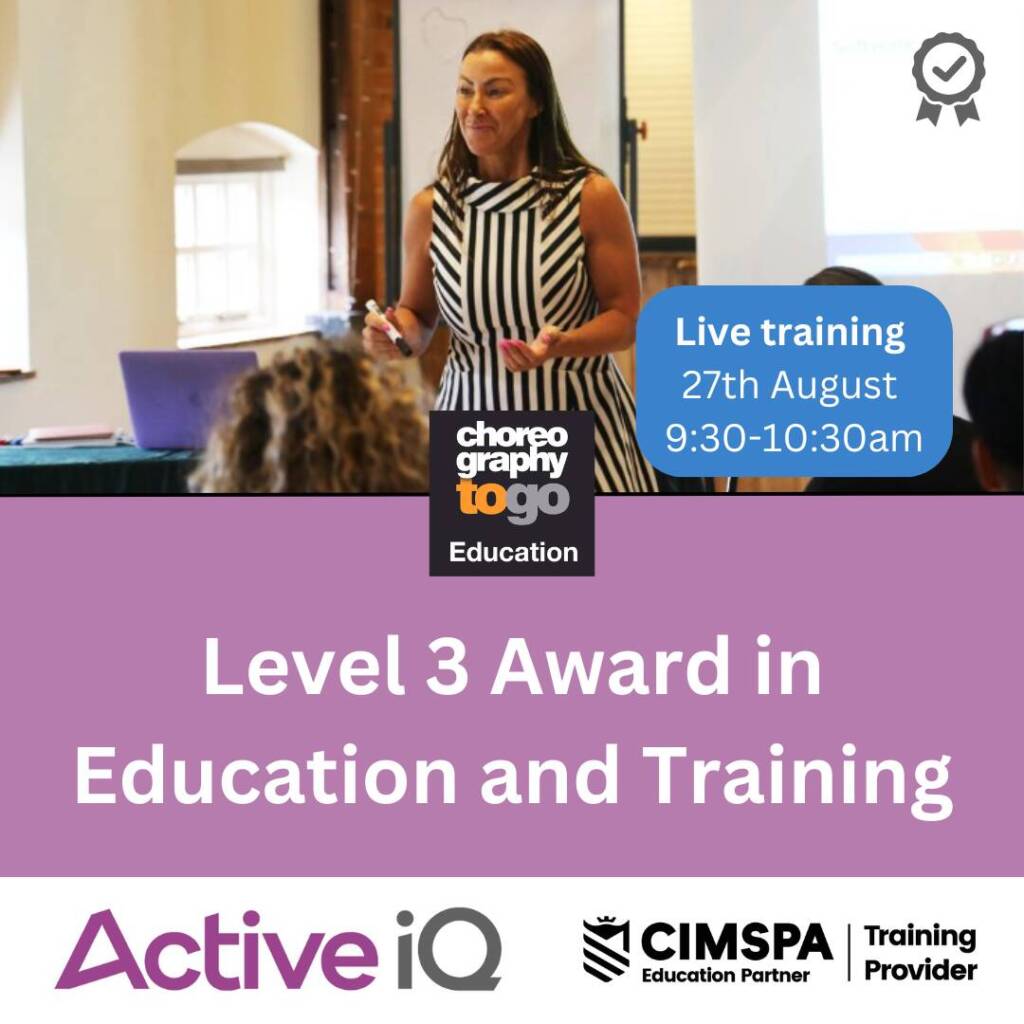
Qualification Blog
Learn why offering nutritional advice to your clients could transform your fitness business
Learn why offering nutritional advice to your clients could transform your fitness business
Why Are Nutrition Coaches Important to the Fitness Industry?

Staying fit and healthy and losing weight requires more than just gym time. Exercising and burning calories are essential for optimal health.
Because so many people turn to the fitness industry to lose weight, nutrition coaches must play a major role. Clients will struggle to lose weight if they don’t change their diets, and change is hard to make without a coach. If you are a coach that currently doesn’t offer nutritional advice you may already still have clients approaching you and asking questions already, but it is important to have the correct qualifications to offer this advice.
The Role of Food and Diet in Weight Loss and Health
Too many people turn to fitness and exercise goals as the only way to improve their health. Fitness experts know better. Personal trainers know that exercise is just one piece of the puzzle.
The fitness industry and nutrition coaching go hand-in-hand. Clients will not get the best results, regardless of their specific goals, without considering both.
Why Are Nutrition Coaches Important for Making Positive Changes?
Clearly, nutrition has a big role to play in overall wellness and fitness. It’s possible to maintain a healthy, balanced diet without help, but many people benefit from working with a certified nutrition coach. People need the support in your community!
Nutrition Coaches Help People Lose Weight
The fitness industry places a lot of emphasis on weight loss. It’s a response to demand. Losing weight is a top-three reason why most people go to the gym and spend time working out.
Losing weight can be a healthy goal for most people, but working out is usually not enough to meet it. Nutrition coaches work with clients to change their diets to lose weight.
A coach finds their client’s motivation, teaches them about proper nutrition and how to eat better, and gives them the tools they need to make the dietary changes that lead to weight loss.
They Personalise Nutrition
You can read all the articles online about losing weight and eating a healthier diet, but they’re often too general. The great thing about working with a nutrition coach is that they make it personal. They listen to their clients’ needs, limitations, and strengths, and then help them build individualised plans.
If you’re a vegetarian or newly trying a vegan diet; if you have a weakness for sweets and desserts; if you hate vegetables; or if you are training for specific athletic goals, a nutrition coach takes into account all your unique needs to make healthy eating work for you.
Nutrition coaches are also trained to adjust programs as they go. They’ll monitor your progress, measure accomplishments, reassess your goals, and make changes as necessary. For instance, if you want to switch your exercise focus from functional strength training to bodybuilding, they can teach you how to eat for your new goals.
Nutrition Coaches Are Teachers
It’s easy to find a lot of information about diet and nutrition, but it’s a lot more difficult to digest it all and apply it to your life. Nutrition coaches are experts in food, and they stay up-to-date on all the latest nutrition and diet developments and research.
A great thing about working with a coach is that they can take all the information that threatens to overwhelm you and simplify it. They teach you what you need to know to make healthier choices. They also teach you how to make lasting changes and new habits. They can even teach you how to shop for and prepare healthy foods.
They Hold You Accountable
Accountability is so important to developing healthy habits and striving toward health goals. A select few people can hold themselves accountable, but most of us benefit from help in this area.
A nutrition coach provides accountability, a valuable commodity when you lose your motivation and find it hard to stick with healthy choices. They remind you why you’re making these choices, measure your progress, and act as a cheerleader to keep you going.
Why Are Nutrition Coaches Important for Fitness Goals?
Nutrition coaches work with clients to meet health and diet goals rather than fitness goals, but the two are related. How you fuel and eat, the weight you maintain, and your body composition all impact your fitness.
You won’t be able to reach the goal of running a marathon in under four hours if you don’t have your nutrition in line. Even with less lofty goals, eating right matters. You can’t make the most of your time in the gym without the right fuel and nutrients.
A nutrition coach helps people maximize their workouts and athletic performances by eating the best diet. They guide choices like protein and carb amounts, healthy fats, and whole, nutritious foods.
What’s the Difference Between a Nutrition Coach and Dietitian?
Dietitians hold college degrees. They are licensed or registered and can give clients actual meal plans. They work alongside medical professionals to help people use food and diet to treat illnesses or to supplement medical treatment.
Most people looking to get fit and lose weight don’t need a registered dietitian. A client may want to consider working with a dietitian if they have a medical condition, an eating disorder, or medical-related diet goals. Otherwise, a coach is a great ally for making positive dietary changes for better health.
This is a flexible offering for your fitness business
You can easily deliver nutritional advice live or online allowing you to expand your online business to a wider audience and not just your local community.
Use online groups for accountability and Zoom calls for face to face interaction.
How to Become a Nutrition Coach
If you love nutrition and food and enjoy working with and helping people, you may want to consider nutrition coaching as a career. If you are already a personal trainer, consider adding this service to your roster. You can help more people meet the full range of their wellness goals if you can provide fitness training and nutrition advice.
The best way to become a nutrition coach is to complete an accredited nutritionist qualification. These programs provide you with the foundation needed to start taking on clients.
Most offer online, self-paced classes so that you can finish the program on your own time. Certification is necessary, even though the industry isn’t regulated. Clients will be much more inclined to work with certified coaches.
Whether you’re a personal trainer looking to expand your offerings or a fitness client wondering about how to change your diet, it’s important to learn more about nutrition coaching. Nutrition coaches play an increasingly big role in the fitness industry and help people change their lives for the better, daily.
If you have a passion for nutrition and helping people, check out our Level 3 Award in Nutrition for Exercise and Health!
Active IQ Level 3 Award in Nutrition for Exercise and Health
Learn how to create an online weight management programme for your clients delivered by Choreograpytogo Education
Level 3 qualification- Ofqual Accreditation Number 603/2784/4
This qualification will enable learners to develop their knowledge of healthy eating to analyse their client’s nutritional habits and to be able to offer healthy eating advice linked to their clients’ exercise and lifestyle goals. During the qualification learners will cover the following:
- How to access credible information about nutrition for exercise and health.
- The nutrients required to maintain health.
- How nutrients from food are used to fuel and aid recovery from physical activity.
- How to estimate daily energy and nutrient requirements for clients with different goals.
- The risks of poor nutritional and lifestyle practices.
- Skills to analyse clients’ dietary habits and identification of areas for improvement.
- A suitable Level 2 qualification in Fitness Instructing.
- There is an element of communication (discussing, presenting, reading and writing) and maths involved, so learners should have basic skills in communication and maths pitched at pitched at level 2 (as a minimum).
Share this post:
Latest Qualifications


The latest Qualification blogs & news
Join the C2GO newsletter
It is free and comes out once a week with tonnes of inspo, news and choreography.














